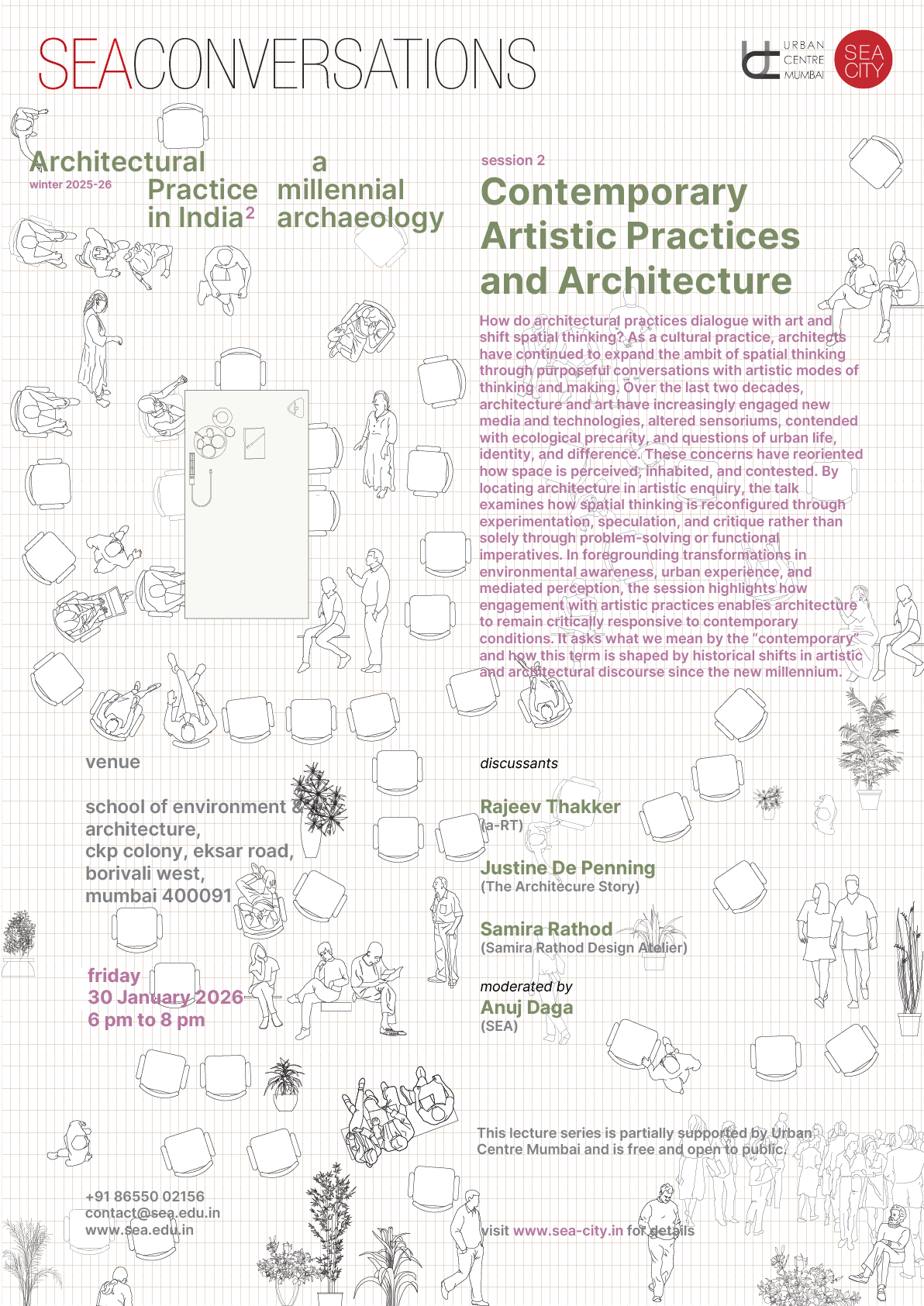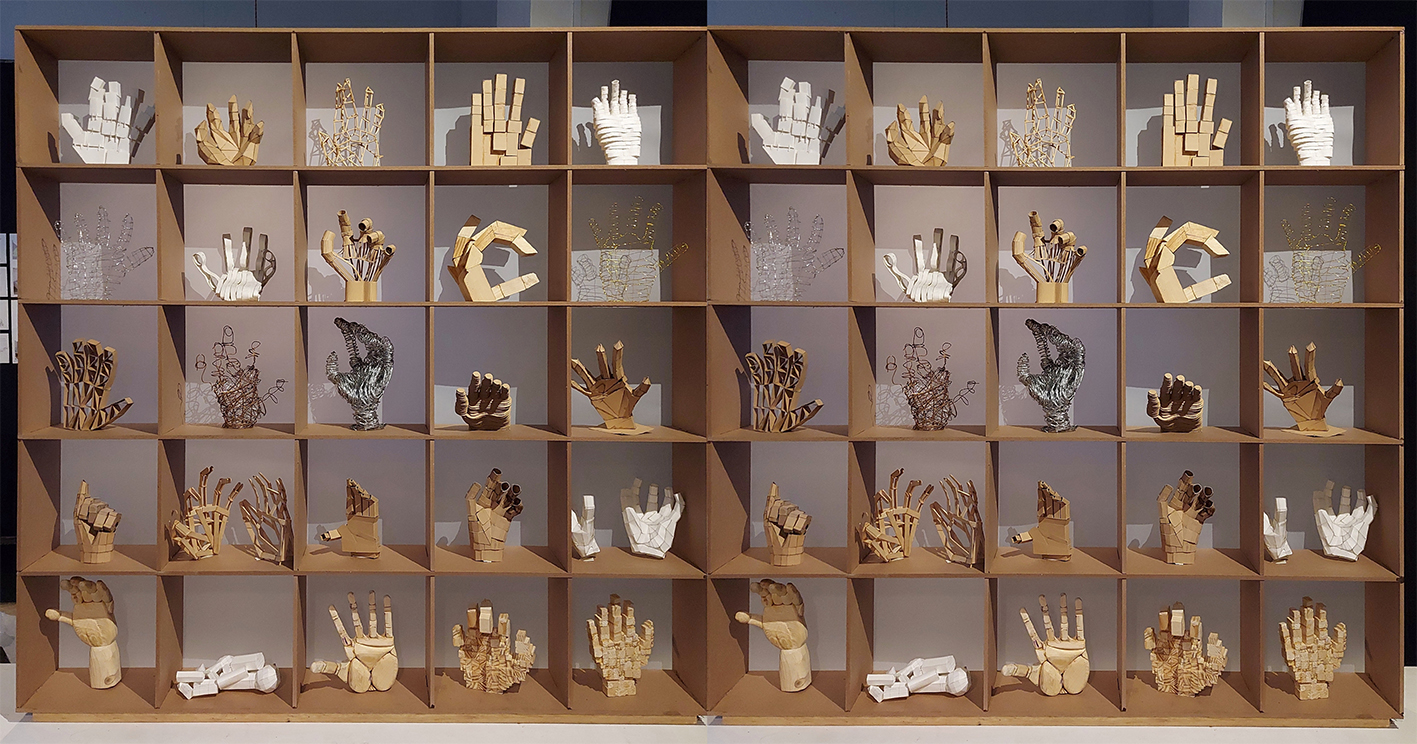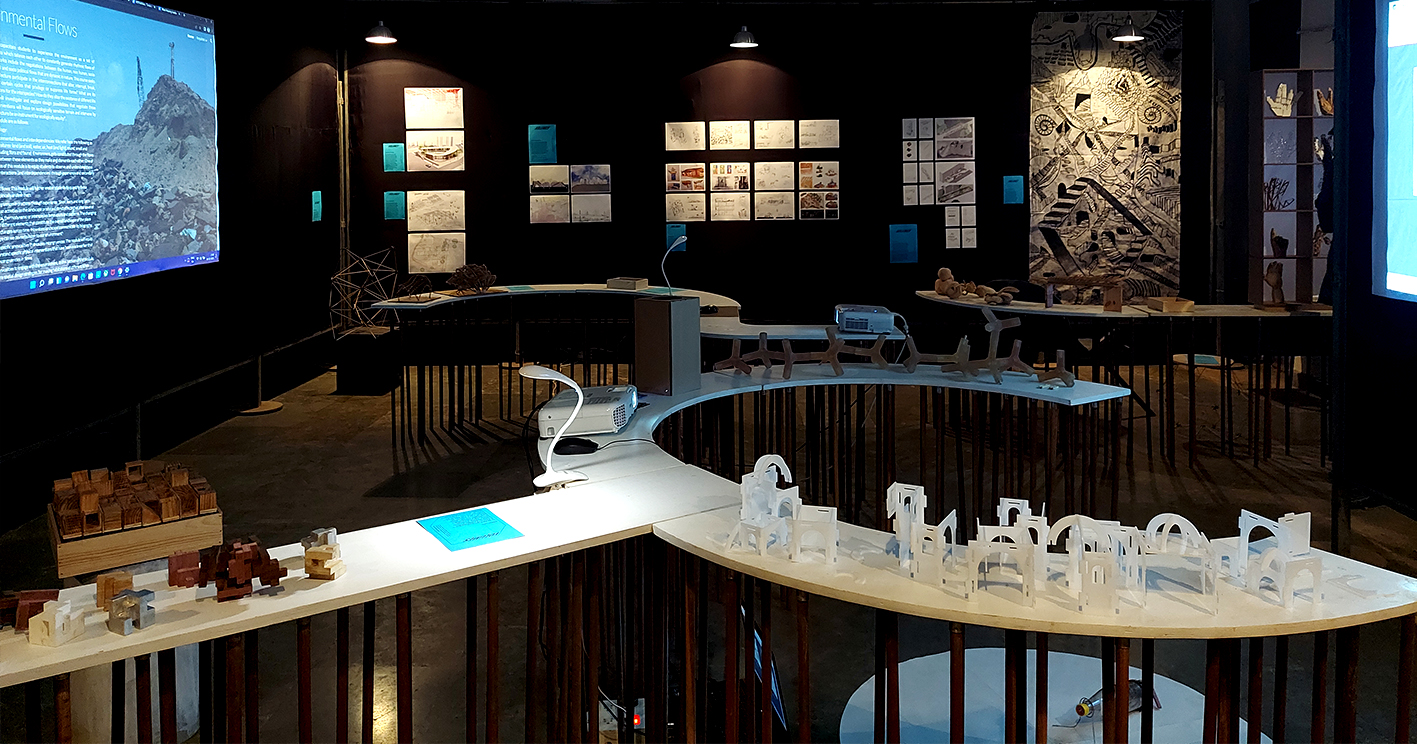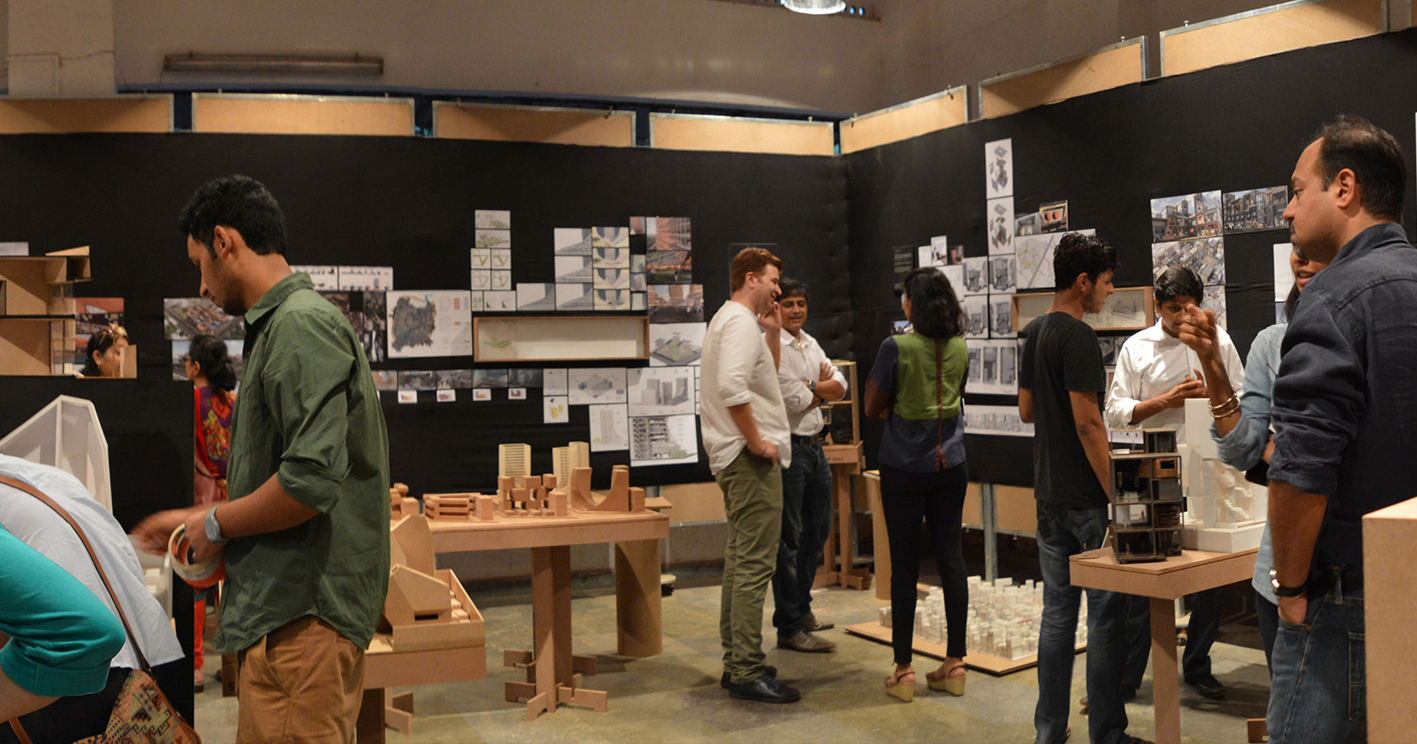next on SEA City
Architectural Practice In India: A Millennial Archaeology - Part 2
winter 2025-26
At the threshold of the first quarter of the millennium, which also marks a generation since India’s economic liberalization, architectural practice in India is ripe for a critical re-evaluation. In this period, the country has gradually, yet starkly shifted from a socialist framework to a neoliberal state, where developmental politics has ramified architectural production into new directions and logics. Existing scholarship on the built environment in India has often focused narrowly on the aesthetics of form, the evolving identity of the architect, or the reception of modernism as inherited from the West. Architectural discourse has largely taken one of two paths: either documenting work deemed academically significant, or framing emerging practices in terms of identity—often measured against binaries such as modern versus indigenous/vernacular. Such approaches tend to posit the architect as a servant of academic canons or fixed ideals.
Architectural practice on the ground, as it appears now, is far more complex - one that exhibits reorientation of spatial ideals and values to reflect a rapidly evolving society increasingly shaped by media, consumerism, and aspirations of globalisation. Once trained architects step into the field, the idealism of modernism is quickly refracted through geopolitical urgencies and the pragmatic demands of practice. What is often overlooked is the inherent political exigency that compels practice to adapt—making the operations and expressions of architecture more malleable and responsive to emerging needs of the market - in its widest extensions. In such contexts, architects evolve new formats, languages, agencies, and strategies to negotiate their professional knowledge to remain relevant within the real-world demands of building reinterpreting spatial briefs through the vocabularies of capital, conservation, environment, real estate, and more.
‘Architectural Practice in India: A Millennial Archaeology’ seeks to examine how architectural practice in India has developed over the last three decades within the framework of the millennial shift in its political economy. What forces—of power, ambition, and institutional pressure—have shaped architectural production during this period and how does it reorganise the delivery of the built environment? What aspects of practice gain currency in the emerging market and how does the professional architect find reconciliations and directions in addressing these. In excavating these variegated forms of practice that shape the unevenness of our built landscape today, these discussions aim to explore tendencies such as the rise of managerial approach, the renewed focus on environmental and heritage concerns, the emergence of artisanal and communitarian agendas, the urgency of urbanistic thinking, response to media and the integration of computational and digital thinking that come to constitute distinct, yet composite strands of spatial practice today.
The new cycle of SEA City Conversations is conceived as a year-long series of panel discussions featuring architects and spatial commentators, whose own practices have decisively responded to the millennial shifts in the region, by means of slipping, fitting or pushing the envelopes of conventional formats of practice. Methodologically, the series will draw upon the professional biographies of practitioners from across the city whose trajectories have remained representatively pivotal in bringing and operating in such changing dynamics of practice. Through reflexive interrogation and collective debate over the upcoming year, the programme imagines to present itself as an open course for the city, and invite the public to participate in a collective architecture history-writing exercise that seeks to critically engage with the evolving realities of contemporary architecture in India.
sessions
Dec 05, 2025 Media Practices and Architecture
Jan 30, 2026 Contemporary Artistic Practices & Architecture
Feb 27, 2026 Communitarian & Activist Practices
Mar 13, 2026 Computational & Digitally Driven Practices
Architectural practice on the ground, as it appears now, is far more complex - one that exhibits reorientation of spatial ideals and values to reflect a rapidly evolving society increasingly shaped by media, consumerism, and aspirations of globalisation. Once trained architects step into the field, the idealism of modernism is quickly refracted through geopolitical urgencies and the pragmatic demands of practice. What is often overlooked is the inherent political exigency that compels practice to adapt—making the operations and expressions of architecture more malleable and responsive to emerging needs of the market - in its widest extensions. In such contexts, architects evolve new formats, languages, agencies, and strategies to negotiate their professional knowledge to remain relevant within the real-world demands of building reinterpreting spatial briefs through the vocabularies of capital, conservation, environment, real estate, and more.
‘Architectural Practice in India: A Millennial Archaeology’ seeks to examine how architectural practice in India has developed over the last three decades within the framework of the millennial shift in its political economy. What forces—of power, ambition, and institutional pressure—have shaped architectural production during this period and how does it reorganise the delivery of the built environment? What aspects of practice gain currency in the emerging market and how does the professional architect find reconciliations and directions in addressing these. In excavating these variegated forms of practice that shape the unevenness of our built landscape today, these discussions aim to explore tendencies such as the rise of managerial approach, the renewed focus on environmental and heritage concerns, the emergence of artisanal and communitarian agendas, the urgency of urbanistic thinking, response to media and the integration of computational and digital thinking that come to constitute distinct, yet composite strands of spatial practice today.
The new cycle of SEA City Conversations is conceived as a year-long series of panel discussions featuring architects and spatial commentators, whose own practices have decisively responded to the millennial shifts in the region, by means of slipping, fitting or pushing the envelopes of conventional formats of practice. Methodologically, the series will draw upon the professional biographies of practitioners from across the city whose trajectories have remained representatively pivotal in bringing and operating in such changing dynamics of practice. Through reflexive interrogation and collective debate over the upcoming year, the programme imagines to present itself as an open course for the city, and invite the public to participate in a collective architecture history-writing exercise that seeks to critically engage with the evolving realities of contemporary architecture in India.
sessions
Dec 05, 2025 Media Practices and Architecture
Jan 30, 2026 Contemporary Artistic Practices & Architecture
Feb 27, 2026 Communitarian & Activist Practices
Mar 13, 2026 Computational & Digitally Driven Practices
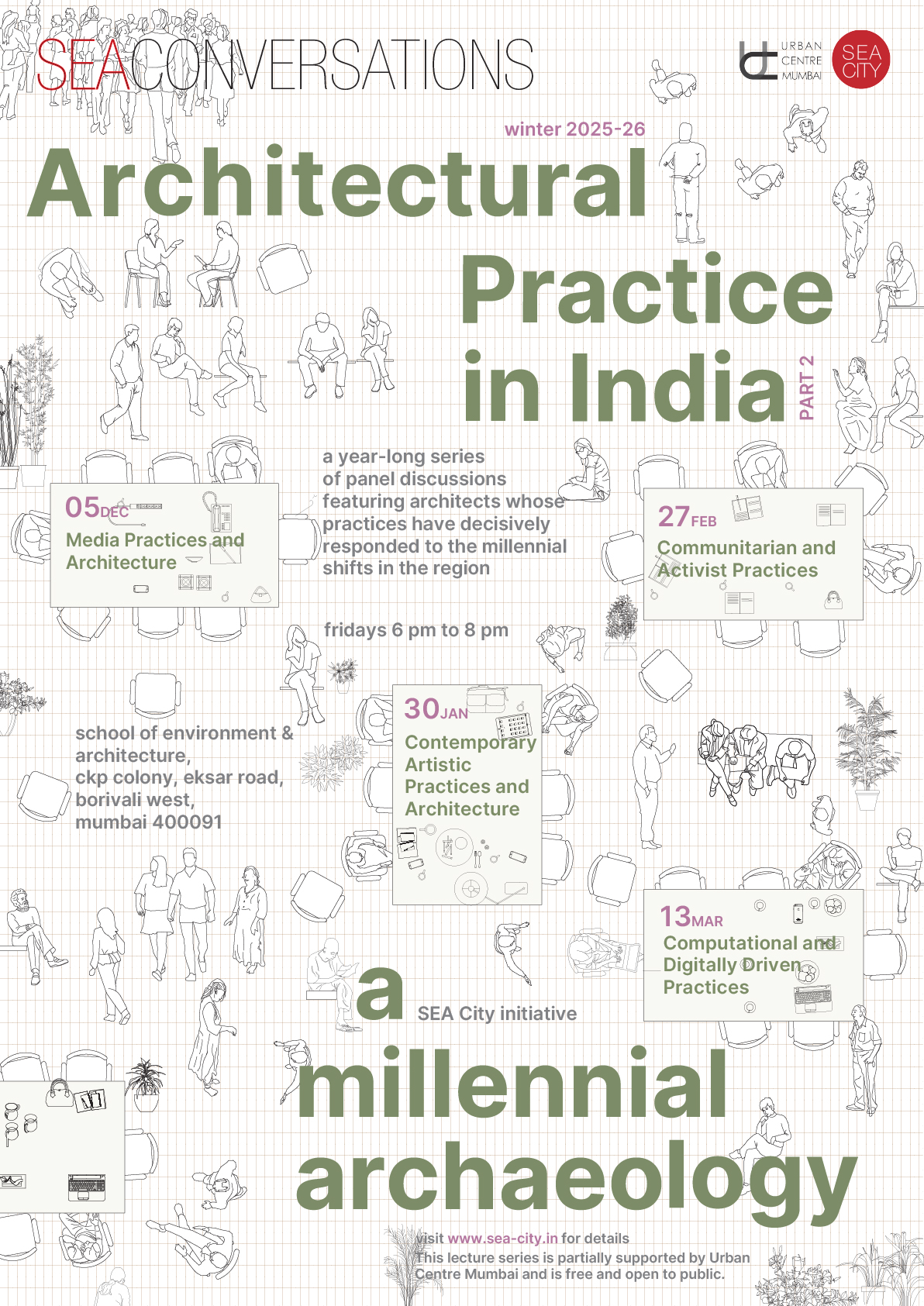
next on SEA City
Contemporary Artistic Practices and Architecture
Friday, 30 January 2026,
6 pm to 8 pm
How do architectural practices dialogue with art and shift spatial thinking? As a cultural practice, architects have continued to expand the ambit of spatial thinking through purposeful conversations with artistic modes of thinking and making. Over the last two decades, architecture and art have increasingly engaged new media and technologies, altered sensoriums, contended with ecological precarity, and questions of urban life, identity, and difference. These concerns have reoriented how space is perceived, inhabited, and contested. By locating architecture in artistic enquiry, the talk examines how spatial thinking is reconfigured through experimentation, speculation, and critique rather than solely through problem-solving or functional imperatives. In foregrounding transformations in environmental awareness, urban experience, and mediated perception, the session highlights how engagement with artistic practices enables architecture to remain critically responsive to contemporary conditions. It asks what we mean by the “contemporary” and how this term is shaped by historical shifts in artistic and architectural discourse since the new millennium.
discussants
Rajeev Thakker
(a-RT)
Justine De Penning
(The Architecure Story)
Samira Rathod
(Samira Rathod Design Atelier)
moderated by
Anuj Daga
(SEA)
This lecture series is partially supported by Urban Centre Mumbai and is free and open to public.
discussants
Rajeev Thakker
(a-RT)
Justine De Penning
(The Architecure Story)
Samira Rathod
(Samira Rathod Design Atelier)
moderated by
Anuj Daga
(SEA)
This lecture series is partially supported by Urban Centre Mumbai and is free and open to public.
